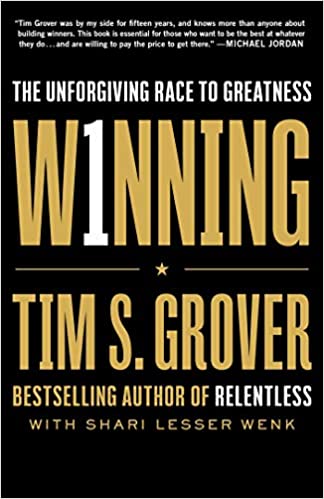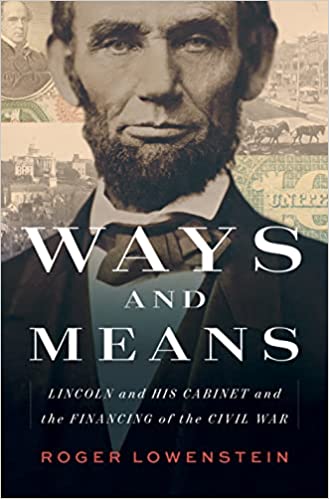|
 |
л°ҳлҸ„мІҙ нҢЁк¶Ңмқҳ мһ¬нҺё |
|
| л°ҳлҸ„мІҙлҠ” мқҙм ң кё°мҲ мқҳ л¬ём ңк°Җ м•„лӢҲлқј, к¶Ңл Ҙмқҳ м–ём–ҙк°Җ лҗҳм—ҲлӢӨ. мӢӨлҰ¬мҪҳ мң„м—җм„ң м„ёкі„ м§Ҳм„ңк°Җ лӢӨмӢң м„Өкі„лҗҳкі , көӯк°Җмқҳ лҜёлһҳк°Җ мҪ”л“ңлЎң мғҲ겨진лӢӨ. AIмҷҖ м§Җм •н•ҷ, кё°мҲ нҳҒмӢ мқҙ көҗм°Ён•ҳлҠ” к·ё м „мһҘм—җм„ң, нҢЁк¶Ңмқҳ м§ҖлҸ„к°Җ лӢӨмӢң к·ёл Өм§Җкі мһҲлӢӨ. |
|
|
 |
The New Gold Standar |
|
| АъАЪ | Joseph A. Michelli |
| ГвЖЗ»з | McGraw-Hill |
|
 |
Winning: The Unforgi |
|
| АъАЪ | Tim S. Grover мҷё |
| ГвЖЗ»з | Scribner |
|
 |
лҶҚм—…мқ„ ліҖнҳҒмӢңнӮӨлҠ” мқёкіөм§ҖлҠҘкіј лЎңлҙҮкіөн•ҷ |
|
| к°ҖмһҘ кё°мҙҲм Ғмқё мӮ°м—…мқё лҶҚм—…мқҙ нҳ„мһ¬ л§ҲмЈјн•ҳкі мһҲлҠ” лҸ„м „ кіјм ңлЎңлҠ” л¬ҙм—Үмқҙ мһҲмқ„к№Ң? мқёкіөм§ҖлҠҘ, лЎңлҙҮкіөн•ҷ, к·ё мҷё кё°нғҖ м •ліҙ кё°л°ҳ кё°мҲ мқҙ лҶҚм—…мқ„ м–ҙл–»кІҢ н–ҘмғҒмӢңнӮӨкі нҡЁмңЁм ҒмңјлЎң л§Ңл“Ө мҲҳ мһҲмқ„к№Ң? |
|
|
 |
Ways and Means |
|
| АъАЪ | Roger Lowenstein |
| ГвЖЗ»з | Penguin Press |
|






 [62]ұЗ
[62]ұЗ 




